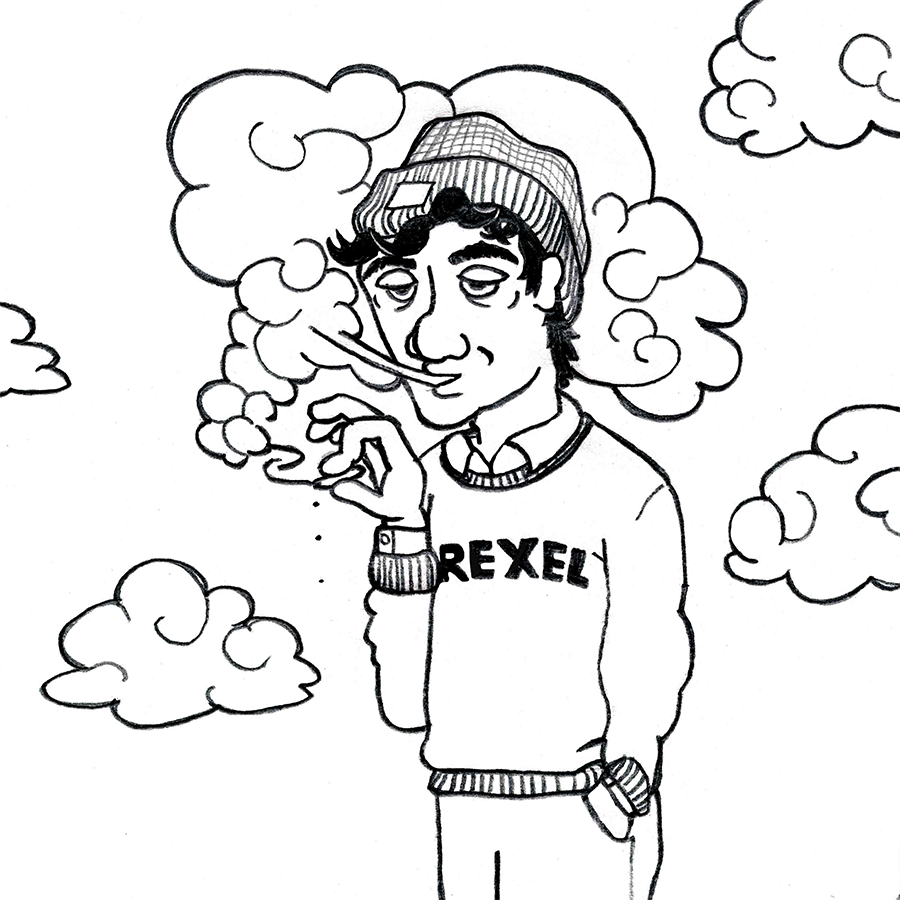
The United States is a federal republic. This means that multiple levels of governmental bodies are allowed to implement policy and law over the same area. We see this in the division between federal and state legislatures and their policies. Though it comes with its share of problems, this federalism allows the U.S. to treat the states as laboratories for new policy — that is to say states can legalize something that may not be legal on the federal level, and that’s okay so long as the federal government doesn’t try to stop them.
Since Ronald Reagan launched “The War on Drugs” in the ’80s, marijuana has been classified by the Drug Enforcement Administration, a federal organization, as a “Schedule I” drug, meaning that it has “high potential for abuse and the potential to create severe psychological and/or physical dependence.” Many over the years have made claims that this classification of marijuana, and the War on Drugs in its entirety, was a racially targeted effort to incarcerate minorities that was begun by politicians looking to enforce what civil rights lawyer and advocate Michelle Alexander calls “The New Jim Crow.”
Pennsylvania is one of the many states that has started to make progress towards dismantling this thinly veiled oppression in allowing for the legalization of marijuana in a medicinal capacity. However, we have yet to take the step towards legalizing recreational use of the substance that many other states have already taken. The primary concern of many uninformed politicians, who neither understand nor want to understand the effects of marijuana, is that young kids will be exposed to this “gateway” drug and become addicted to it — and before you know it, schools will be brimming deadbeat teenagers wearing flannels and beanies with bright red eyes.
Despite the fact that marijuana has been shown to not be chemically addictive and that it’s nearly impossible to overdose on cannabis, there is still a fear of the drug ingrained in many from years of misinformation. However, in the recent report from Drexel’s Dornsife School of Public Health, it was found that the rate of Pennsylvania teenagers who strongly disapprove of marijuana use saw only a slight drop between it going from illegal to medicinally legal, from 60.7 percent to 53.3. Mind you this doesn’t even prove intent to use, just those who “strongly disapprove” of its use has seen a decline. This indicates that if marijuana were to be legalized, not only would the irrational fears of it corrupting the youth be scientifically inaccurate, it would be unrealistic and unlikely that rates of abuse would change significantly.
It may be something worth considering before we throw another person of color in jail for something that shouldn’t have been illegal in the first place.


